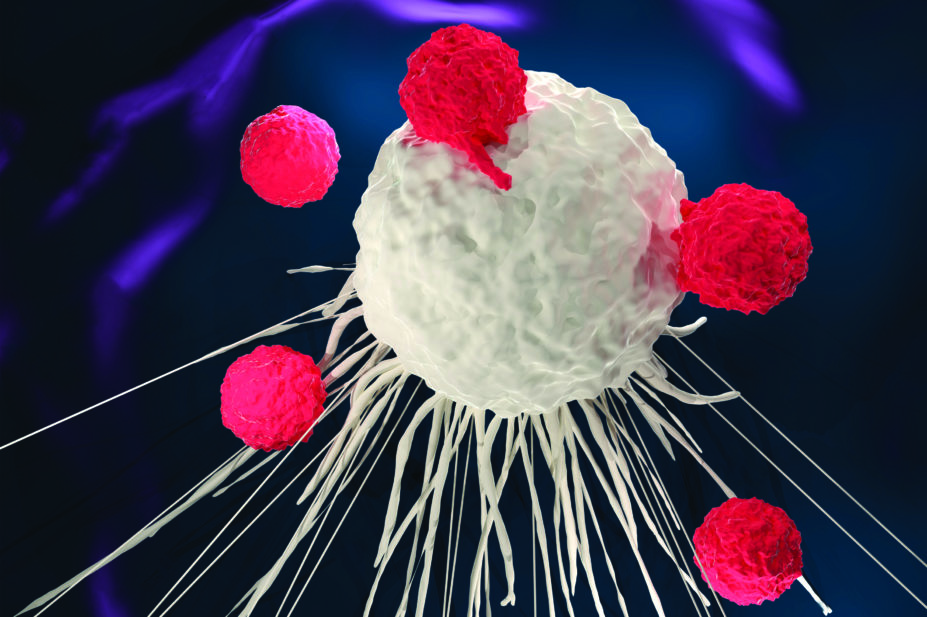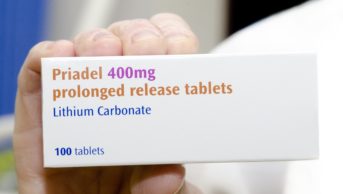
Shutterstock.com
Exclusive: As many as 72 new advanced therapy medicinal products (ATMPs) could be available in the UK by 2024, according to horizon scanning by the NHS Specialist Pharmacy Service (SPS).
ATMPs are a class of gene-, cell- or tissue-based biological medicines. A spokesperson for the SPS told The Pharmaceutical Journal that, as of 14 February 2020, there are 72 ATMPs in active development worldwide.
Presenting at an event hosted at the Royal Pharmaceutical Society on 6 February 2020, Jackie Chappell, consultant pharmacist in haematology and ATMPs at King’s College Hospital NHS Foundation Trust, described the number of potential new ATMPs as “an explosion of products” leading to a “scale-up challenge”.
NHS England currently commissions six ATMPs including two chimeric antigen receptor T cell (CAR-T) immunotherapy products; axicabtagene ciloleucel (Yescarta; Kite Gilead) and tisagenlecleucel (Kymriah; Novartis) — both of which are used to treat diffuse large B-cell lymphoma and primary mediastinal large B-cell lymphoma.
Chappell’s presentation suggested that there are currently 20 ATMPs expected to become available in the UK in 2020 and 2021, covering several different clinical areas: cardiovascular disease, malignant disease and immunosuppression, blood and nutrition, musculoskeletal and eye conditions.
They added that the target was to increase delivery of ATMPs to around 2,500 patients per year by 2021, eventually scaling up to 10,000 patients per year by 2028.
However, Helen Davis, horizon scanning lead for the SPS, told The Pharmaceutical Journal that “as many as 70% of conventional medicines fail to reach market from phase I/phase II development” and that “that rate is even higher for ATMPs, although the bar to getting to market may be lower”.
CAR-T therapy is a group of personalised immunotherapies that work by engineering a patient’s own immune cells to target their cancer.
In October 2018, CAR-T therapy was described by Simon Stevens, chief executive of NHS England, as being “one of the most promising new treatments in a generation for lymphome and leukaemia”.
In early 2019, King’s College Hospital NHS Foundation Trust, London, which houses one of the largest bone marrow transplant centres in the UK, became the first hospital in the UK to provide licensed CAR-T therapy to treat adults with lymphoma.
You may also be interested in

Competition watchdog launches investigation into discontinuation of bipolar drug

Warwick Smith: ‘The pandemic has removed factors that allowed us to be resilient for Brexit’
